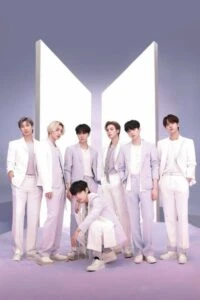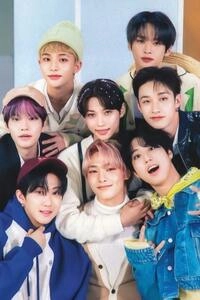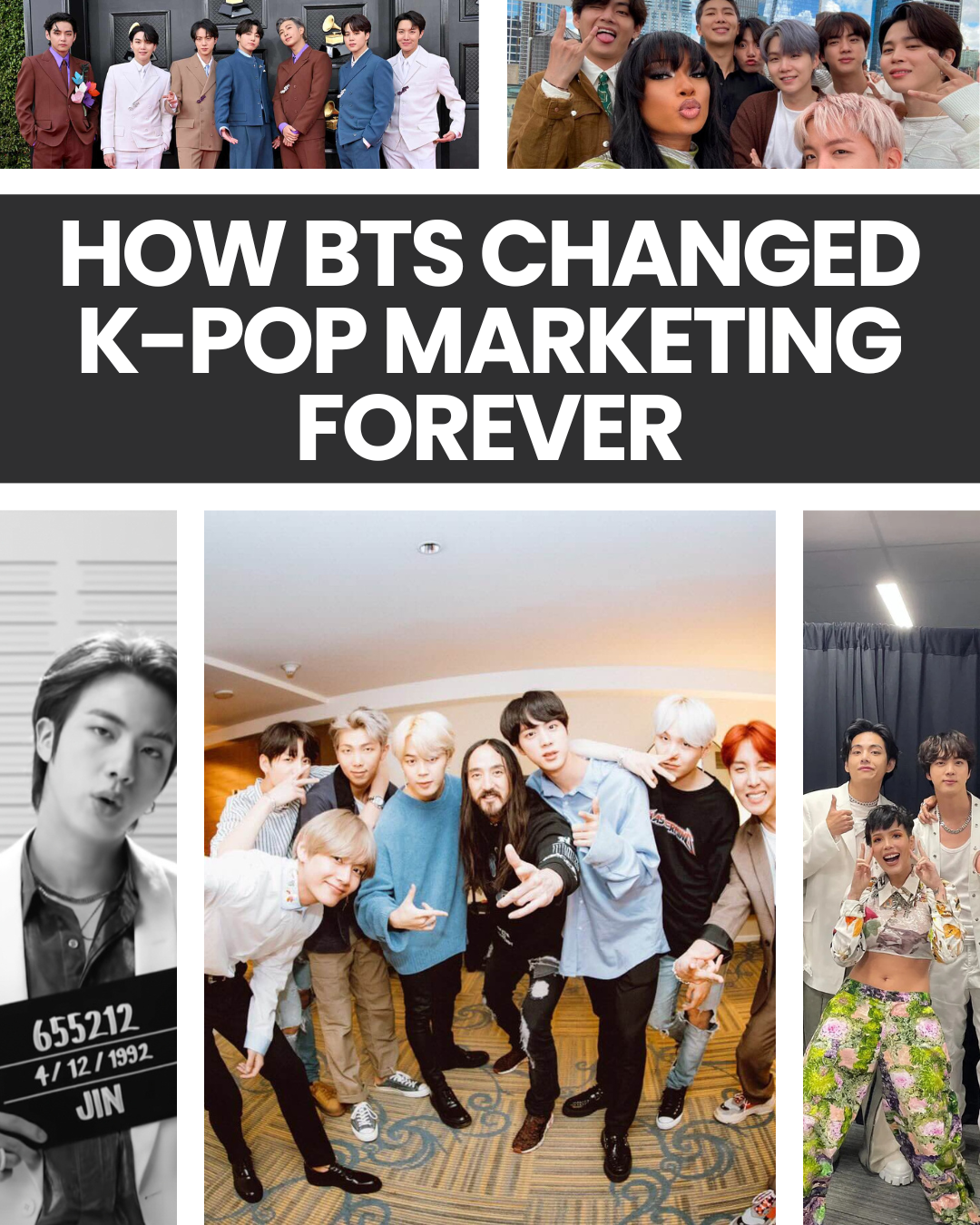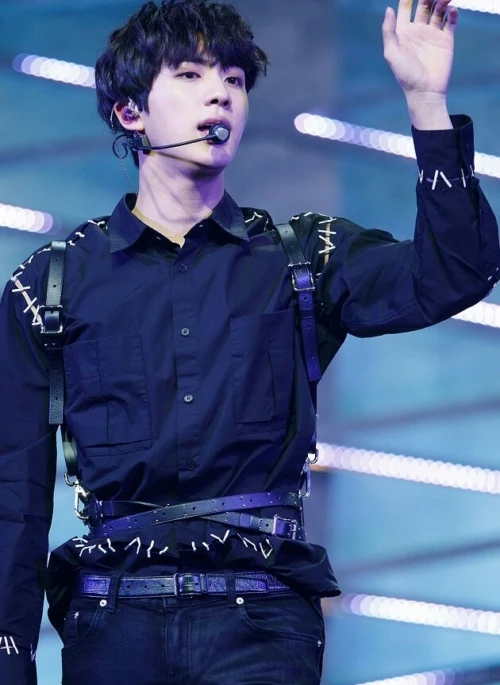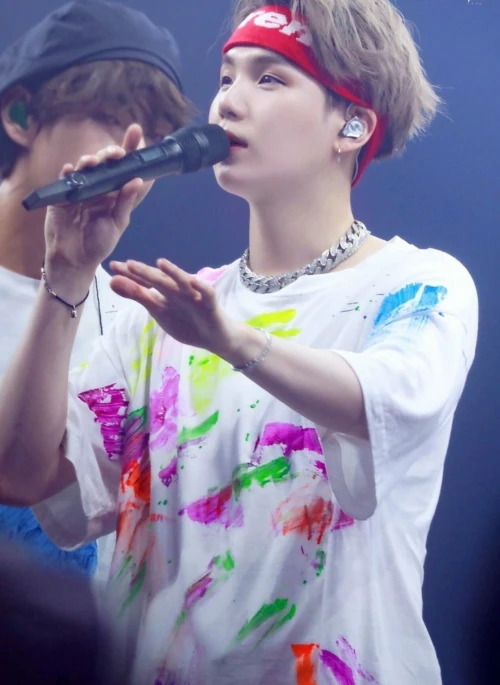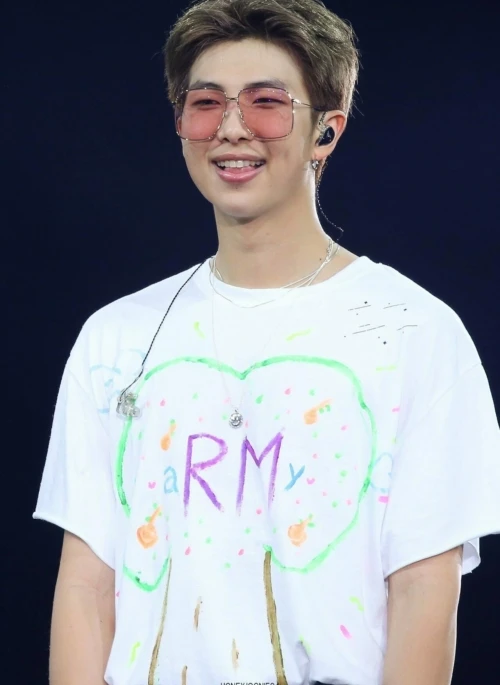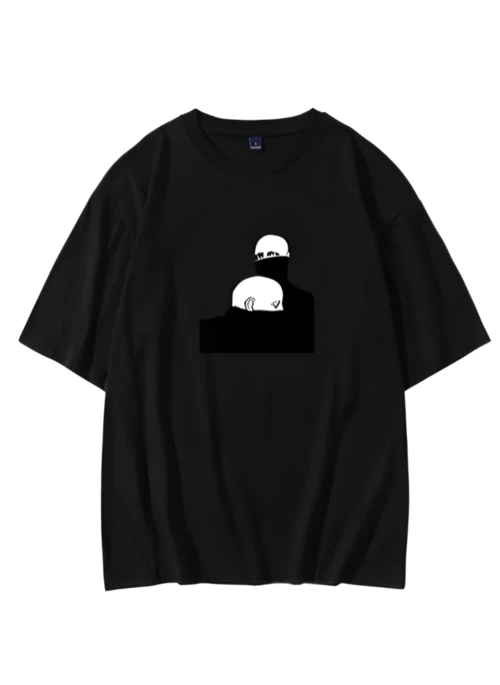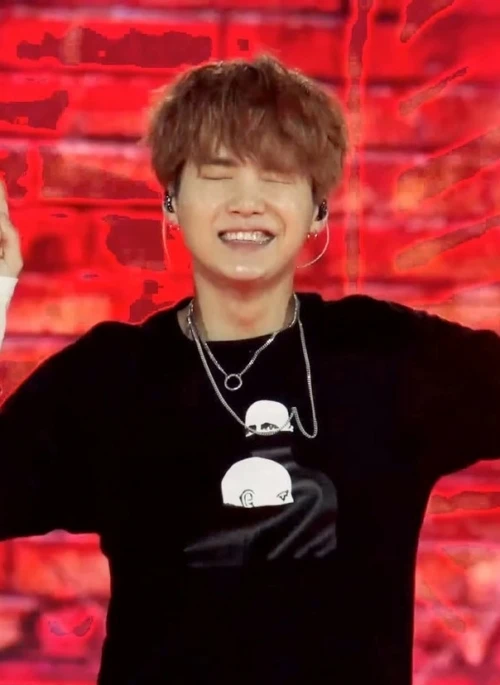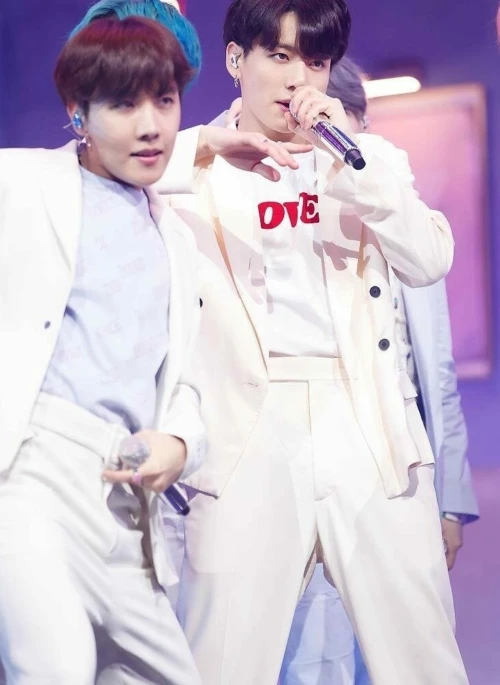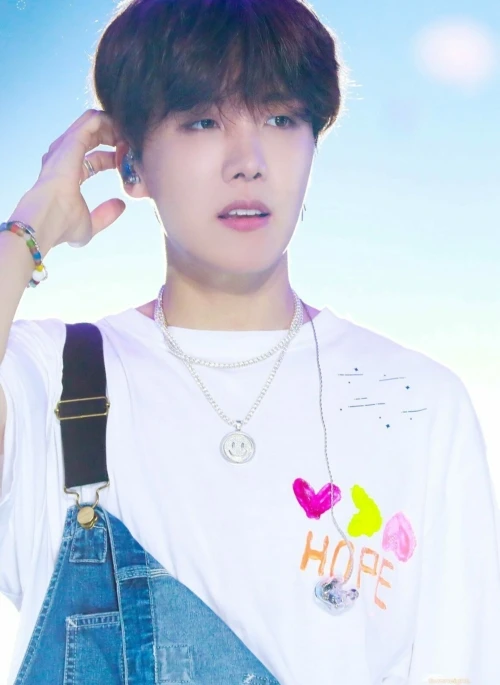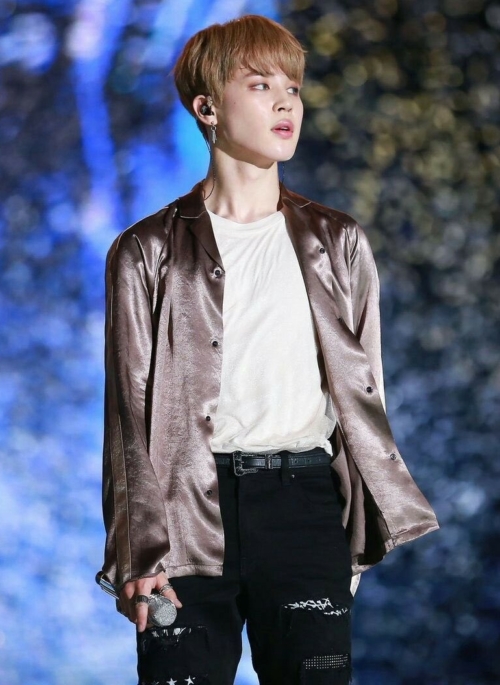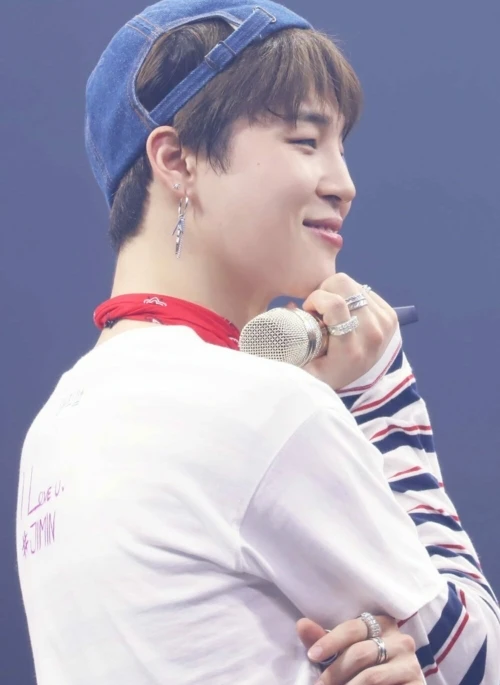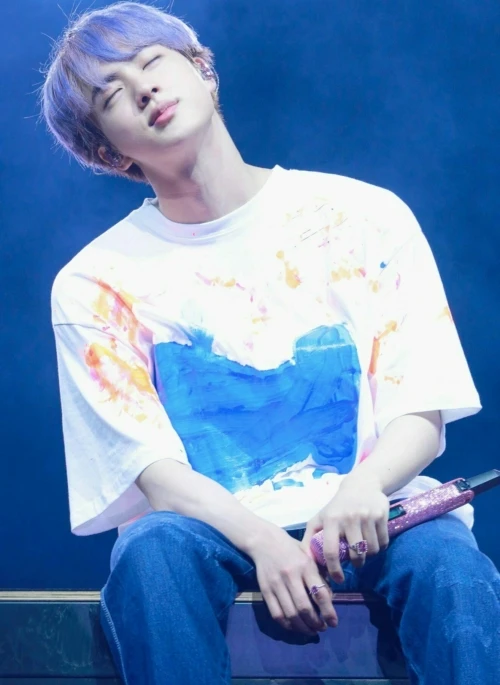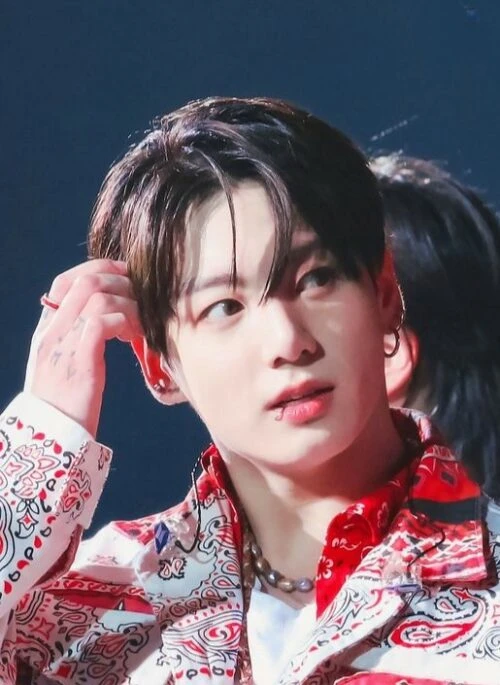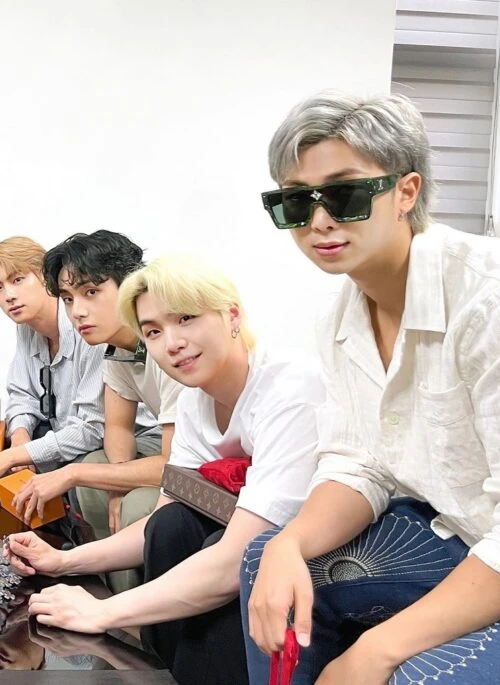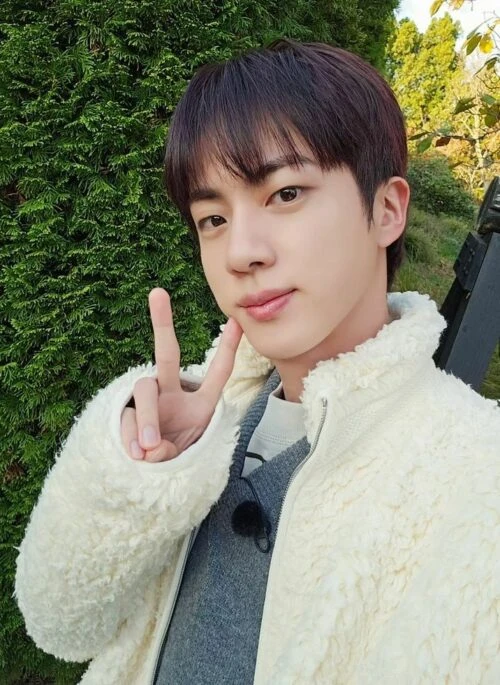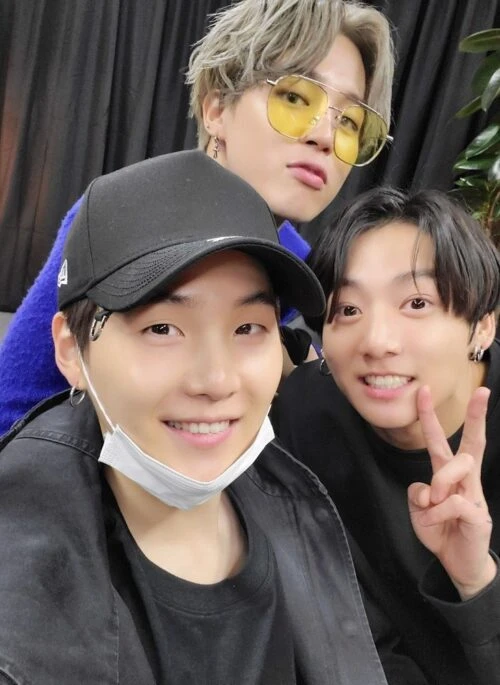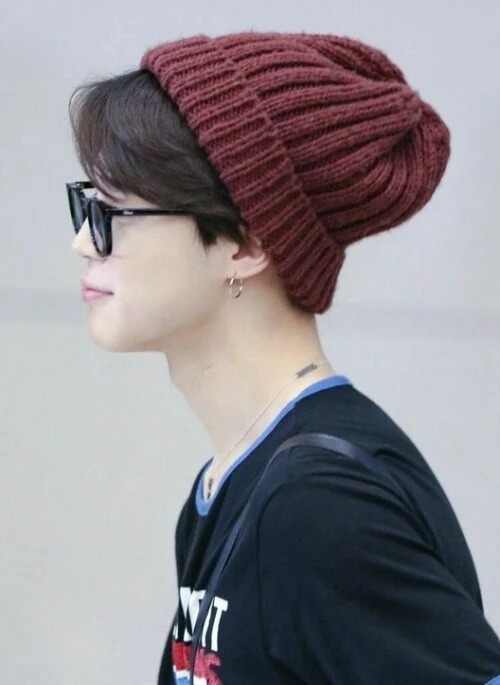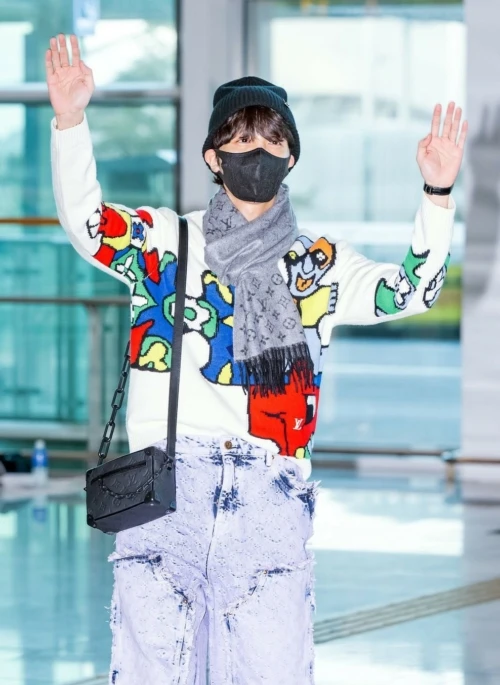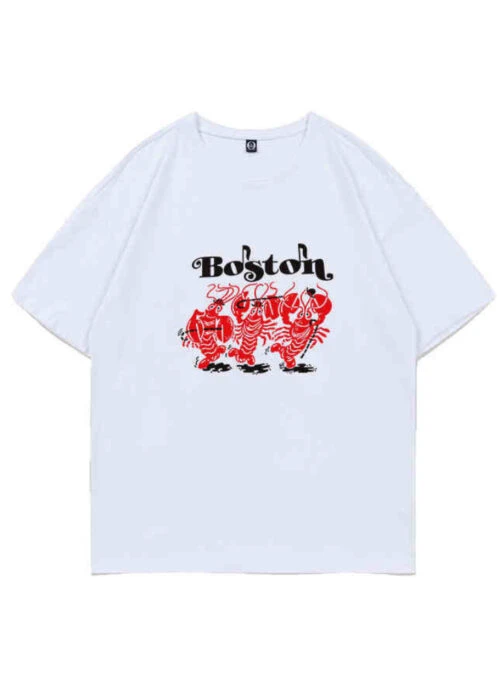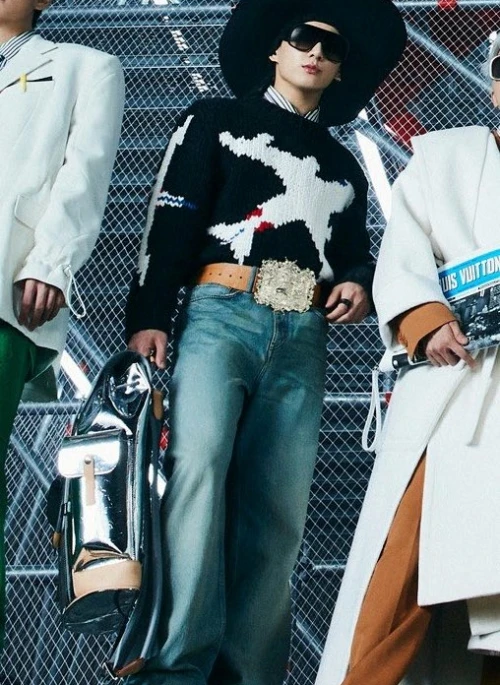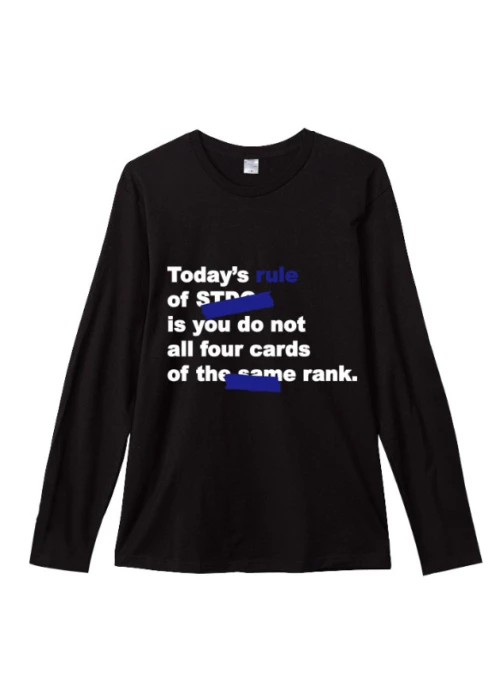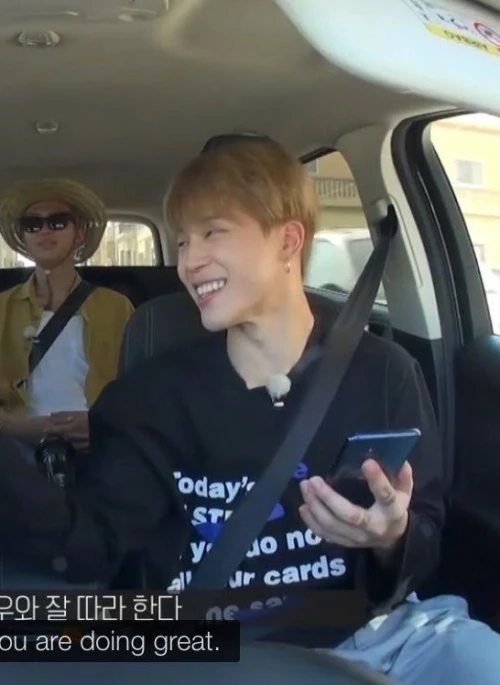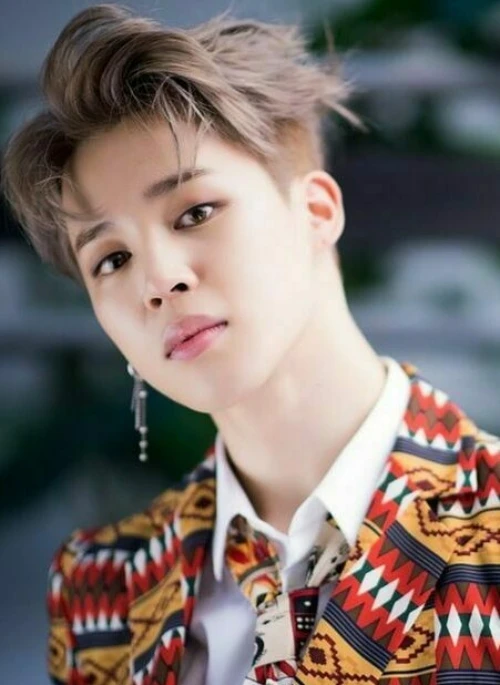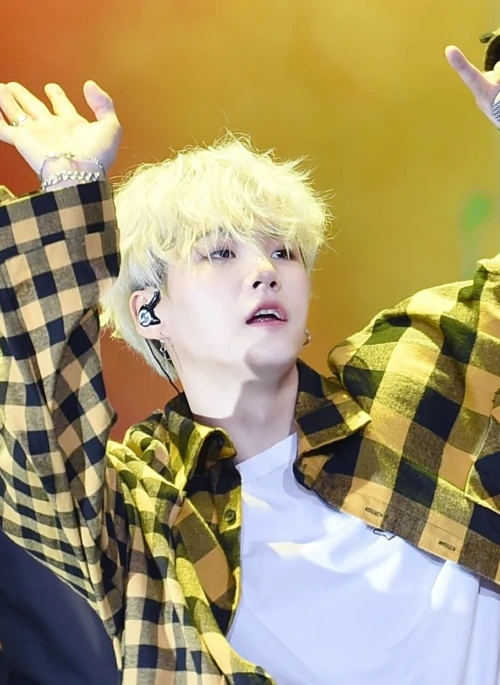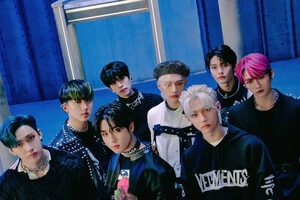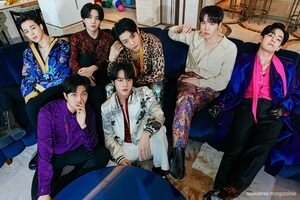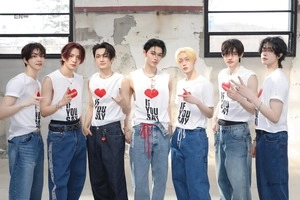20/02/2025
How BTS Changed K-Pop Marketing Forever
BTS has cemented their status as one of the most influential music acts in the world, not just within the realm of K-pop but across global entertainment. This influence extends all the way back to the unique way the group was marketed from the start of their careers.
Their success owes much to their incredible talent, but the legacy they’ve built goes far beyond record-breaking achievements and sold-out stadiums. One crucial factor has always been their fans and the bond between the members and their fanbase, which reshaped the way things were done in K-Pop.
Table of Contents
- Early BTS and Their Unusual Approach
- The Power of Social Media
- The Role of Bang Si-Hyuk
- Authentic Engagement & Content Creation
- Breaking the Rigid K-Pop Mold
- Global Breakthrough
- Long-Term Impact
- Conclusion
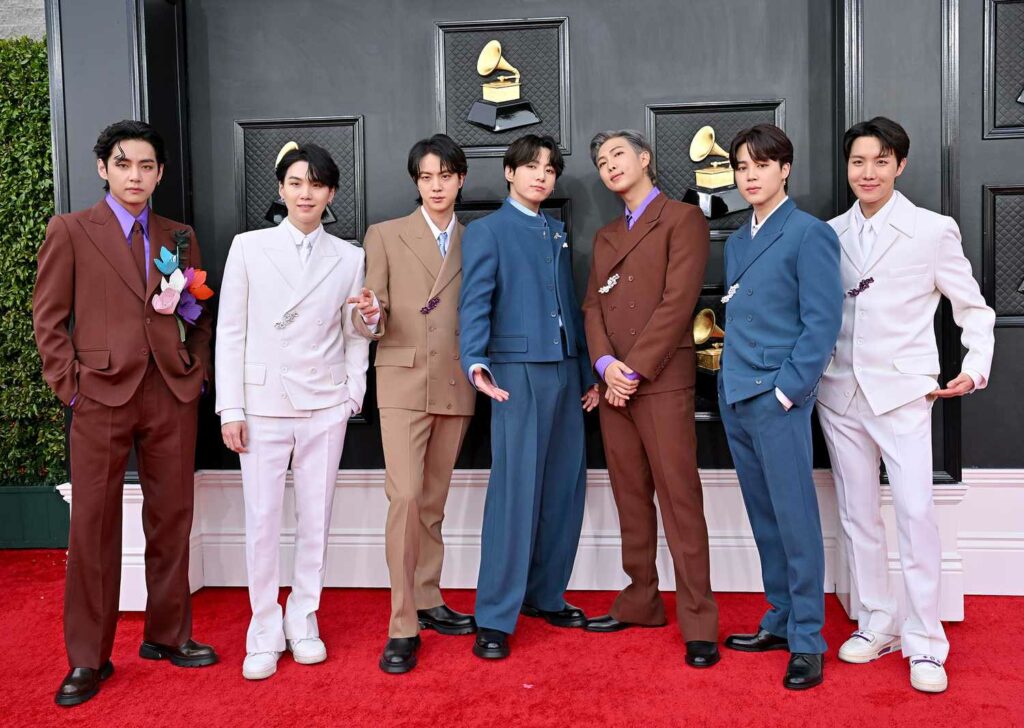
Early BTS and Their Unusual Approach
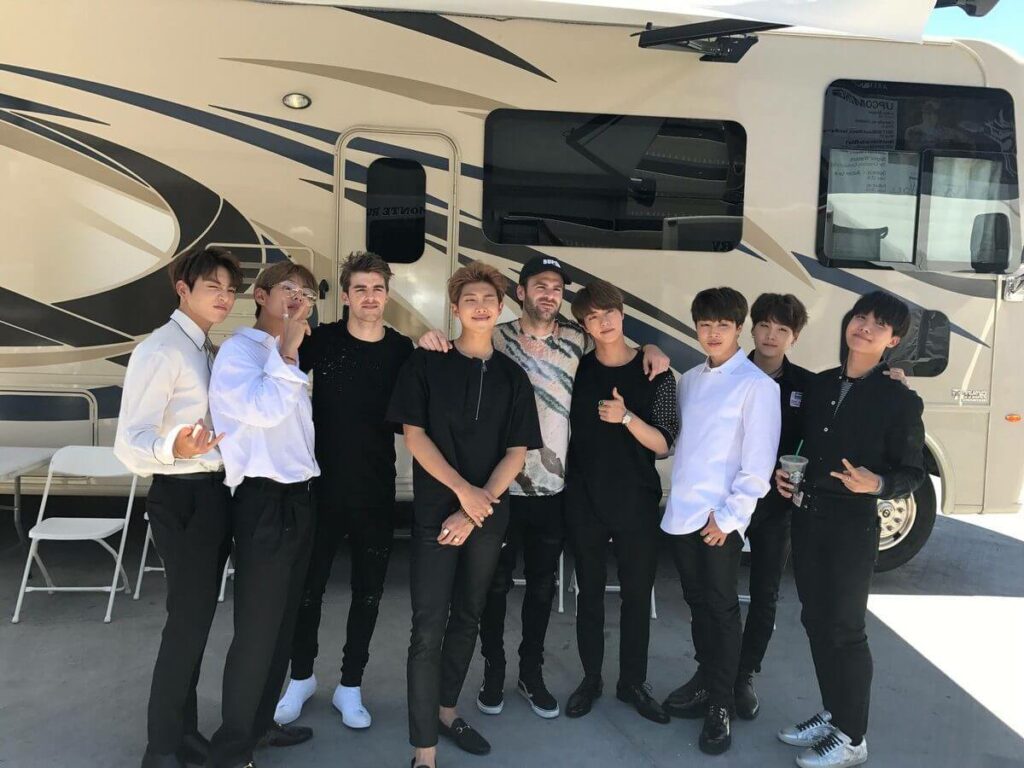
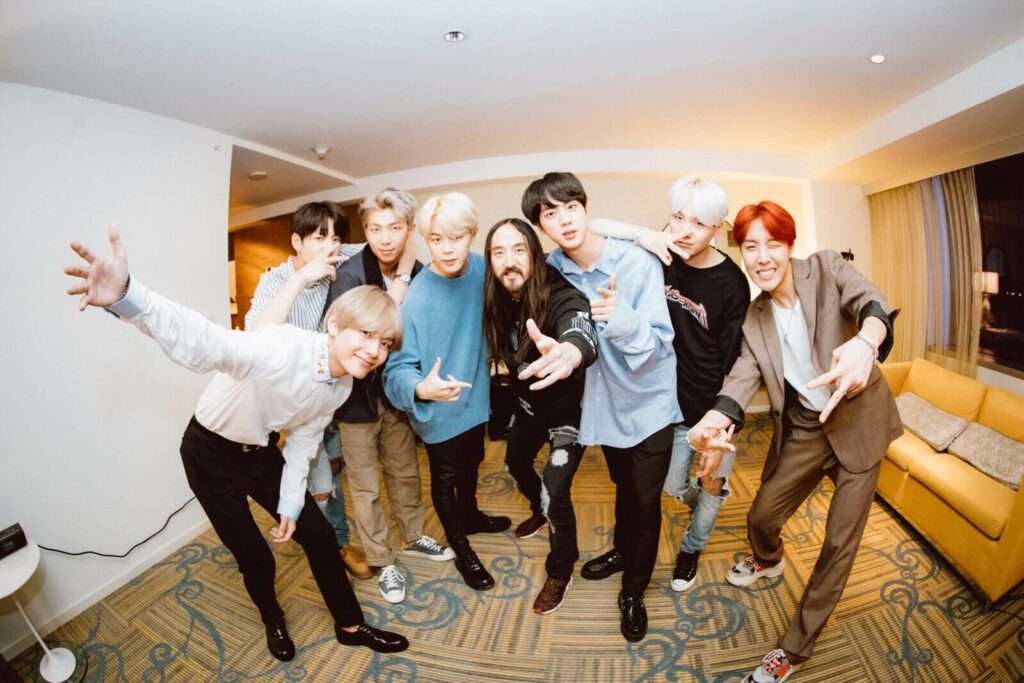
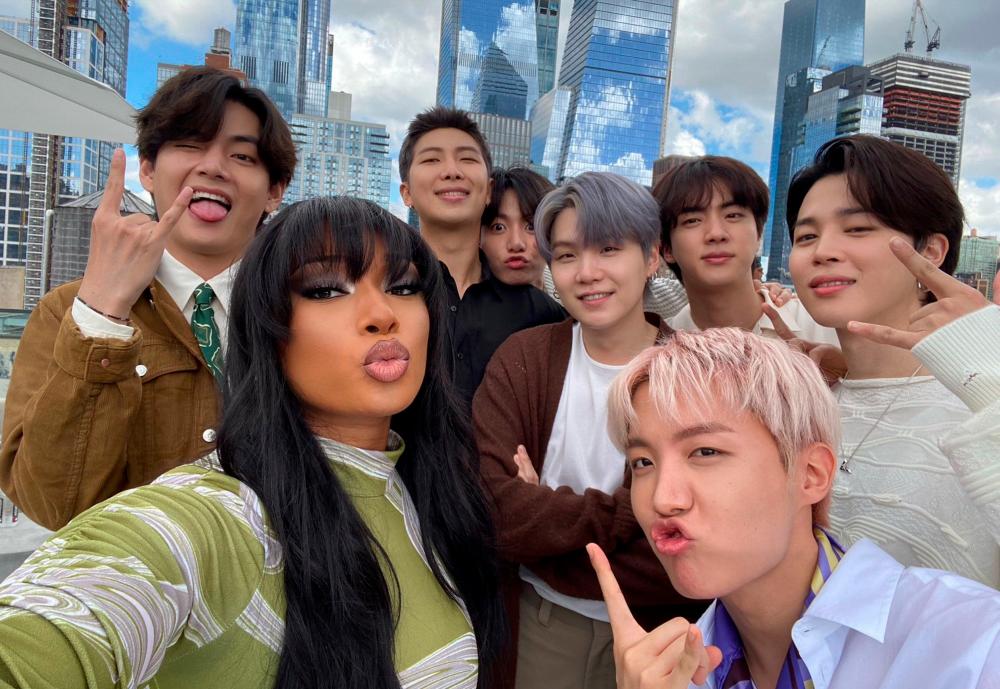
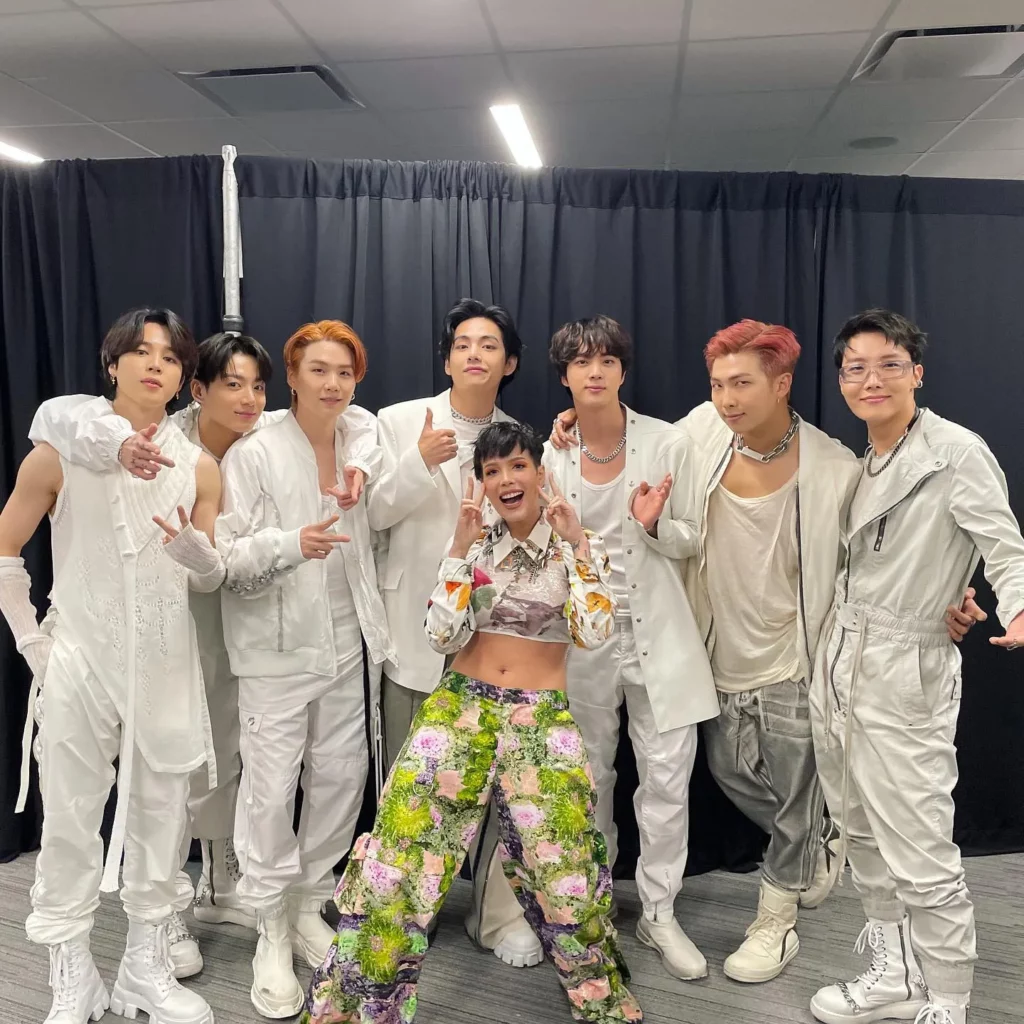
BTS’s rise to the top of the U.S. music scene wasn’t an overnight phenomenon. It was a carefully built momentum of groundbreaking milestones, starting in 2018 when they became the first South Korean band to debut an album at No. 1 on the U.S. Billboard charts. Since then, they’ve collaborated with global superstars like the Chainsmokers, Halsey, Ed Sheeran, Steve Aoki, and Megan Thee Stallion, while appearing on iconic American platforms such as Good Morning America, Saturday Night Live, and Times Square’s legendary New Year’s Eve concert.

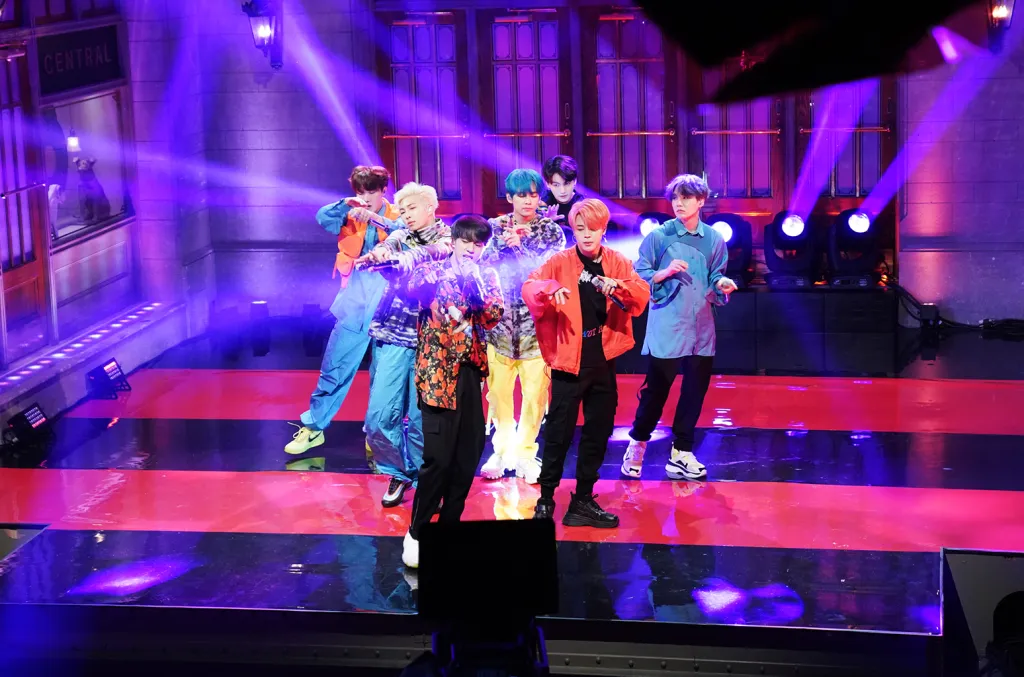

They have a long list of successes tied to their name—five Grammy nominations, Guinness World Records for fan engagement, and an unmatched legacy in the U.S. music market. While their talent is the main driving force, these accomplishments wouldn’t have been possible without the fans they gained through innovative marketing strategies and seamless online connections, much like how Saily keeps you connected worldwide without the hassle.
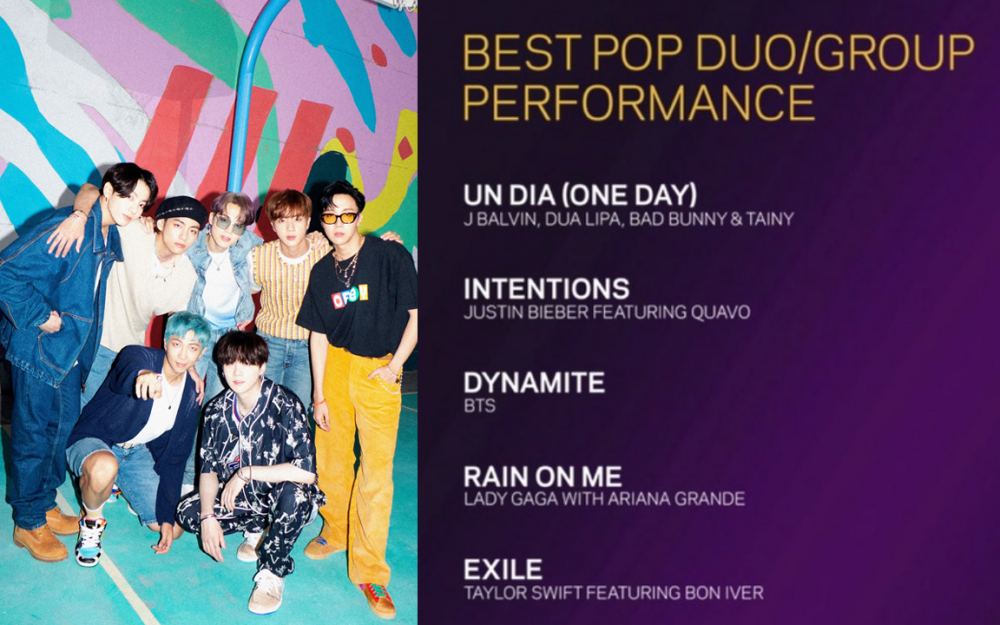
The Power of Social Media
The K-Pop industry was historically quite rigid, with tightly controlled images and strict contracts limiting personal expression. In the early 2010s, when BTS was formed, idols were often trained to project a polished, idealized image, leaving little room for vulnerability or direct personal connection with fans.
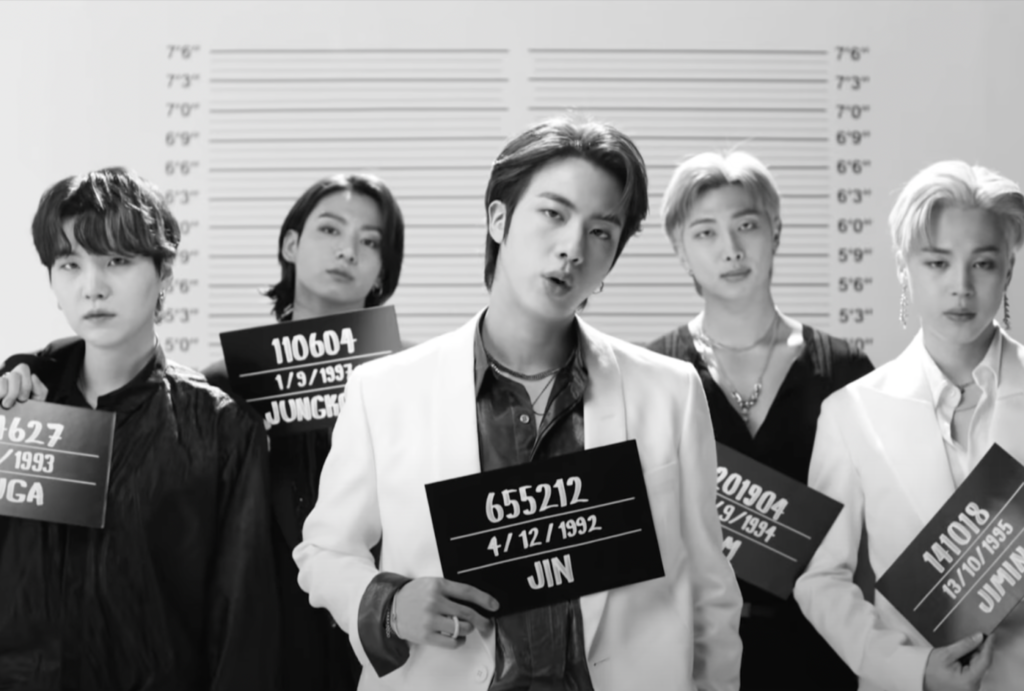
BTS challenged this norm from the start by addressing topics like societal pressure, mental health, and self-doubt in their lyrics—subjects that truly resonated with listeners. This raw honesty stood in stark contrast to the sanitized personas often expected of idols, making BTS’s early presence feel both authentic and groundbreaking.

When they debuted, most K-pop acts had minimal interaction with their fans on social media, using platforms like Twitter and Instagram mainly for curated updates. BTS, on the other hand, adopted a more interactive and unfiltered approach. They posted frequently, made funny or relatable content, and even shared sincere thoughts, creating a sense of intimacy that was unusual in the K-Pop world at the time.
The Role of Bang Si-Hyuk
Much of BTS’s success can also be traced back to the vision of Bang Si-Hyuk, founder of Big Hit Entertainment. As a veteran producer and songwriter, he aimed to create a group that broke away from the constraints of traditional K-pop. He wanted relatable, empathetic figures who could serve as companions to their fans, rather than untouchable icons.
In a 2012 company document, Bang Si-Hyuk expressed his desire for members who were genuine, approachable, and willing to share their struggles with the world. This philosophy formed the foundation of BTS’s identity and set them apart from other groups in the industry.
Authentic Engagement & Content Creation
From day one, BTS operated differently. They had creative input into their music, often writing lyrics that reflected their personal journeys. Yet, what truly made them a massive hit among younger audiences was their social media presence, largely managed by the members themselves.
They frequently uploaded content like “Run BTS”, travel series like “Bon Voyage”, and behind-the-scenes vlogs showing rehearsals, day-to-day moments, and candid reflections. These videos weren’t just promotional; they gave fans a more profound look into each member’s personality, quirks, and vulnerabilities. Suddenly, BTS weren’t just idols but relatable individuals you could see yourself in.
Moreover, their regular use of YouTube and other platforms ensured they remained accessible to international fans. Their content was easily shareable and watchable worldwide, even by those outside the K-Pop circle. Many other groups had access to the same platforms but didn’t maximize their potential the way BTS did.

Breaking the Rigid K-Pop Mold
The industry at the time was notorious for its infamously strict contracts. BTS, however, managed to avoid these torturous agreements, working under terms that allowed them more freedom to express themselves. This openness reinforced the group’s focus on authenticity.
As leader RM once explained, BTS’s mission is to create music that reflects their values and experiences, offering vulnerability and common ground rather than just a polished performance. Their earlier social media approach was often raw, hilarious, and sometimes embarrassing—exactly the kind of realness fans craved.
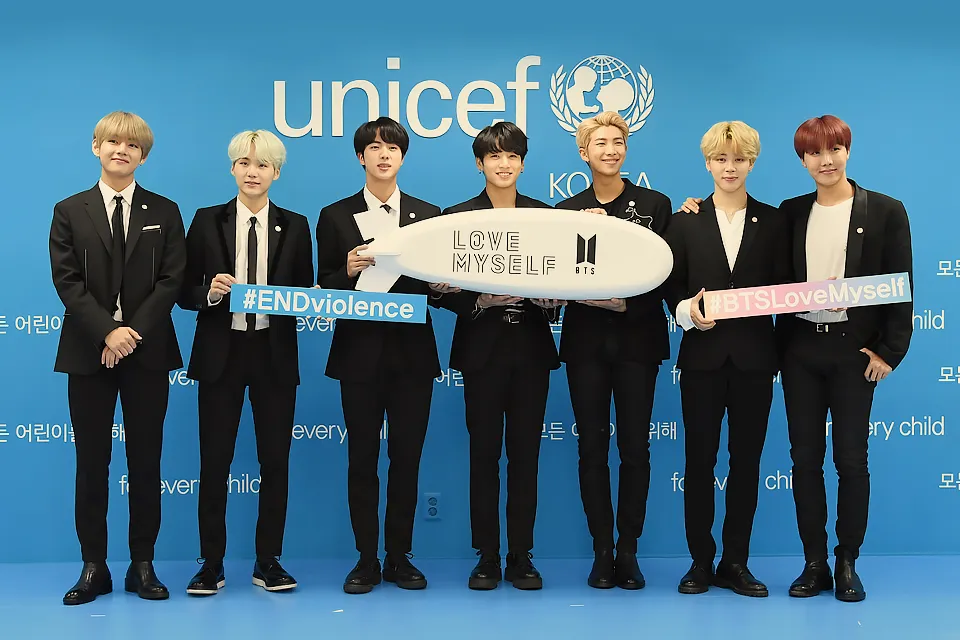
Western audiences, accustomed to approachable celebrities, found BTS especially appealing. Despite language barriers, the group actively engaged with international fans. This played a major role in breaking them into the Western market, demonstrating that you don’t have to remain an untouchable figure to achieve global stardom.
Global Breakthrough
To many industry observers, BTS proved that a loyal fanbase is often the most crucial ingredient in a global breakthrough. Their model of consistent engagement, shared vulnerability, and creative marketing set new standards for the entire K-Pop scene. Other groups soon started adopting similar approaches or tweaking them for their own benefit.
Over the years, as BTS evolved into a worldwide sensation, their content also became more polished and structured. Some fans miss the earlier spontaneous days, but the core authenticity that made them famous remains a cornerstone of their identity.
Even with hectic schedules, the members still find ways to communicate with fans across multiple platforms. Their original marketing strategy—which emphasized intimacy and honesty—continues to influence how K-Pop artists connect with global audiences.
Long-Term Impact
BTS’s emphasis on authenticity, relatability, and fan engagement has become a template for modern K-Pop marketing. Many of today’s biggest groups have taken note, focusing on real-time interactions and personal storytelling. This shift has helped elevate K-Pop into the global force it is today.
By breaking from rigid industry norms and forging a direct connection with fans, BTS effectively opened the door for more K-Pop acts to gain international recognition. Their success story proves that, in an era dominated by social media, the human touch can be a game-changer.
Conclusion
BTS’s original marketing strategy has grown into far more than just a brand; it’s a global cultural movement. Their willingness to be transparent, relatable, and consistently engaged with fans set a new benchmark for artist-audience interaction. K-Pop marketing, as we know it today, can be traced back to the bond created between BTS and their fans—a bond that continues to shape the industry’s evolution.
